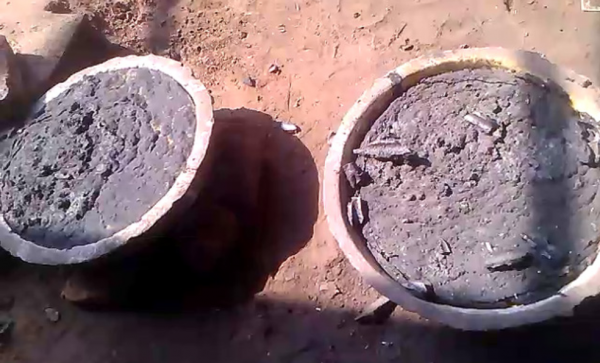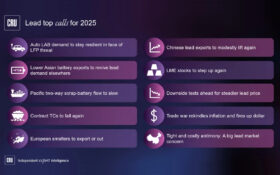Solving India’s informal lead-acid battery recycling industry, which saw 1.2 million tonnes of batteries enter its market during 2017-18, is a ‘simple case of monitoring the industry’.
The rise in informal recyclers has grown since power was moved from the regulatory body in New Dehli to the individual states in 2010, L Pugazhenthy, executive director at India Lead Zinc Development Association, told BEST Battery Briefing on the sidelines of the 18ABC in Bali, Indonesia, last week.
The executive director said the devolving of power started the decline: “It was a case of two or three steps forward and four steps back,” he said.
Pugazhenthy said the informal sector had to go, but monitoring was required to stop informal recyclers going elsewhere, which would not solve the problem of pollution and contamination.
“It’s a simple case of monitoring the industry,” he said. “They either have to improve or go, there are no other alternatives as far as informal lead recycling is concerned.
“To achieve that, states have to implement strong measures. First and foremost manufacturers in the individual states have to give returns every few months about how much they have sold.
“The second point is battery dealers in states should all have to get registered and have to periodically submit returns on where they have sold the batteries, that should be known.
“Thirdly all the recyclers in the state should say where they are getting their lead batteries from and where the lead goes, such as battery manufacturers.”
Last month BEST reported how environmental research organisation Toxics Link claimed that 90% of the 12lakh (1.2 million) tonnes of batteries that entered the country’s recycling industry during 2017-18 were processed in informal recycling units.












